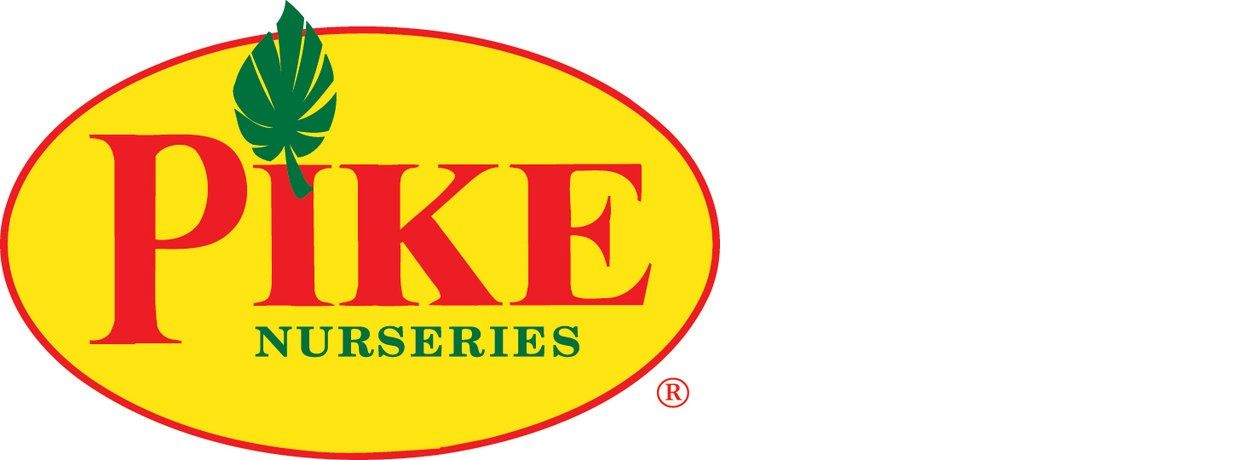Pike Nurseries Has the Buzz on National Pollinator Week
Southeast garden experts provide inspiration for creating a pollination paradise

ATLANTA (June 13, 2024) – Pike Nurseries is here to help green thumbs of all skill levels nurture nature's little helpers during National Pollinator Week, June 17 – 23! This special week raises awareness about the crucial role of butterflies, bees, hummingbirds and other pollinators that nourish gardens and keep them blooming. To celebrate National Pollinator Week, Pike Nurseries experts share tips on creating a pollinator garden—an oasis where these creatures can thrive.
Best Plants for Food
A pollinator garden focuses on variety since pollinators require plants of various colors, shapes and sizes. Hummingbirds and butterflies are most drawn to red, orange and purple blooms, while bees love yellow and blue blooms. Hummingbirds and moths prefer tubular-shaped flowers such as salvia, but bees and butterflies favor cluster blooms like lantana.
Pike Nurseries offers these recommendations for a balanced pollinator garden mix:
For bees: Lavender, sunflowers, borage and bee balm
For butterflies: Milkweed, zinnias and lantana
For hummingbirds: Trumpet vine, salvia and columbine
For moths: Evening primrose and moonflower
Best Plants for Shelter
Pollinators also rely on plants as places for nesting and resting. In addition to flowers, plants that protect against predators and storms should also be present in a pollinator garden. These include plants with large, wide foliage such as hydrangeas and denser shrubs like holly bushes. Where possible, the Pike experts recommend leaving bare ground or fallen logs at the back of the garden, out of sight, for ground-residing bees. Birdhouses and bug habitats also provide great nesting places year-round.
Host plants such as milkweed, dill, parsley and fennel are also important homes for butterfly and moth eggs and larvae. Adults lay their eggs on these host plants, and when the eggs hatch, the larvae eat the host plants. Planting milkweed is especially helpful for the increasingly vulnerable monarch population—which plummeted by 60% this year compared to last year. Native milkweed is a crucial food source for monarch caterpillars, but much of it has been destroyed by harmful pesticides and herbicides, leaving the migrating monarchs with no place to breed. Environmentalists hold that Georgia is a vital habitat for the species, so local gardeners have a huge part to play in protecting monarchs by planting milkweed and providing a safe place for them to land.
Water Source
Pollinators also require a water source. A bird bath is a great addition to consider in a pollinator garden, but smaller creatures will need shallower water. Birdbaths or small saucers filled with pebbles or sand will ensure butterflies and bees can also reach the water to quench their thirst. The Pike experts recommend keeping the water sources clean, as stagnant water attracts pesky mosquitoes.
All-Natural Pest Control
When caring for pollinator gardens, green thumbs should avoid pesticides as much as possible. If there’s an infestation, elimination should first be done through manual removal, traps or with pest-eaters such as ladybugs and praying mantises. Gardeners can bring photos or clippings of infected plants to any Pike Nurseries location for help with identification and prescribing a solution.
For more information and care tips from Pike Nurseries, please visit pikenursery.com.
###
ABOUT PIKE NURSERIES
Ever committed to its customers’ gardening success, Pike Nurseries takes pride in taking the guesswork out of gardening and helping its customers play in the dirt. Offering superior knowledge, quality and selection in a friendly, caring environment, Pike Nurseries has been a Southern icon for over 60 years. Founded in 1958 by Pete Pike, its ability to adapt to market conditions and community needs has made it a respected Southern institution. As Atlanta’s oldest garden chain, Pike Nurseries has 19 retail locations 15 in the Atlanta, Ga. and 4 Charlotte, N.C. areas. Led by President Monte Enright, Pike Nurseries looks forward to continued growth as it keeps Atlanta and Charlotte beautiful, one landscape at a time.
Visit Pike Nurseries on Facebook, Instagram, Pinterest and Twitter.
Brianna Poplaskie
FINAL_Pollinator Week_5.22.docx
DOCX - 40 Kb